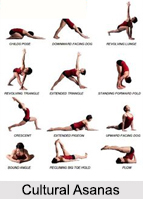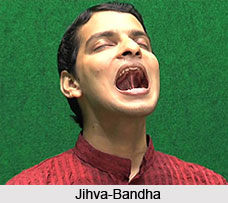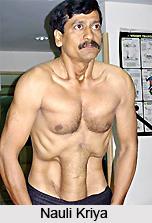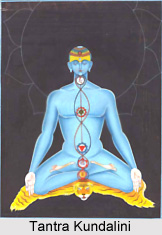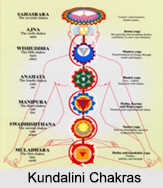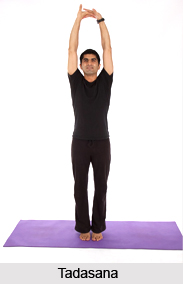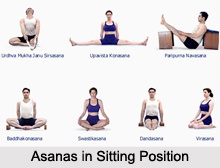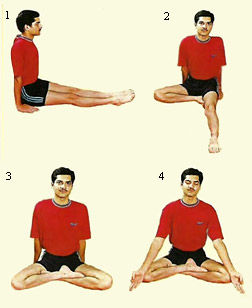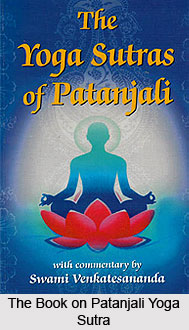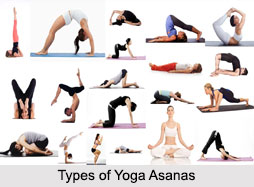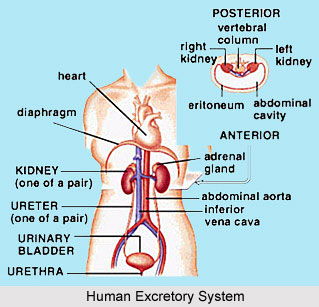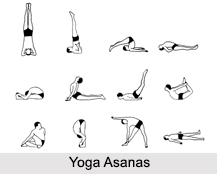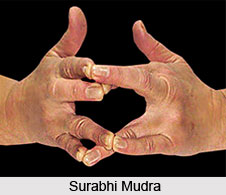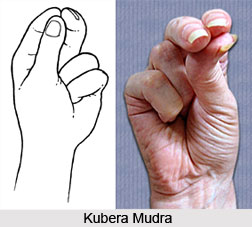Diet is very important component according to the concept of Hatha Yoga. It has been said that that there is contained in the food of man and the lower animals, a certain form of Prana which is absolutely necessary for man`s maintenance of strength and energy, and that such form of Prana is absorbed from the food by the nerves of the tongue, mouth and teeth. The act of mastication liberates this Prana, by separating the particles of the food into minute bits, thus exposing as many atoms of Prana to the tongue, mouth and teeth as possible.
It has been said that each atom of food contains numerous electrons or food-prana, or food energy, which electrons are liberated by the breaking up process of mastication, and the chemical action of certain subtle chemical constituents of the saliva, the presence of which have been suspected by modern scientists, and which are not discernible by the tests of modem chemistry, although future investigators will scientifically prove their existence. Once liberated from the food this food-prana flie to the nerves of the tongue, mouth and teeth, passing through the flesh and bone readily, and is rapidly conveyed to all storage-houses of the nervous system, from where it is conveyed to all parts of the body, and where it is used to furnish energy and " vitality " to the cells.
Food-Prana is very essential to the human body. The process of eating and taking the taste is not as simple as just getting the pleasure from it but in it is contained the special sensation of the absorption of the Prana. An important aspect of food prana is that it is directly proportional to the percentage of nourishment present in it.
The Yogi eats his food slowly, masticating each mouthful so long as he " feels like it " ; that is, so long as it yields him any satisfaction. It has been said that those who follow the Yogi plan of eating will obtain a far greater amount of nourishment from their food than does the ordinary persons, for every ounce is forced to yield up the maximum nourishment, while in the case of the man who bolts his food half-masticated and insufficiently insalivated, much goes to waste. It has been focussed by Yogis that if food is eaten in a proper manner that is if food is masticated in a proper manner then much more vitality is obtained from the food and at the same time more nourishment is also obtained from the food. It has been referred in Hatha Yoga that the yogis obtain a maximum of nourishment from a minimum of food rather a full supply of food-prana from a small amount of material.
Mental attitude is also very important in the absorption of Prana. If an individual while consuming his food thinks that he is absorbing the maximum amount of vitality and nourishment from the food he takes he will be able to absorb maximum Prana from the food.

